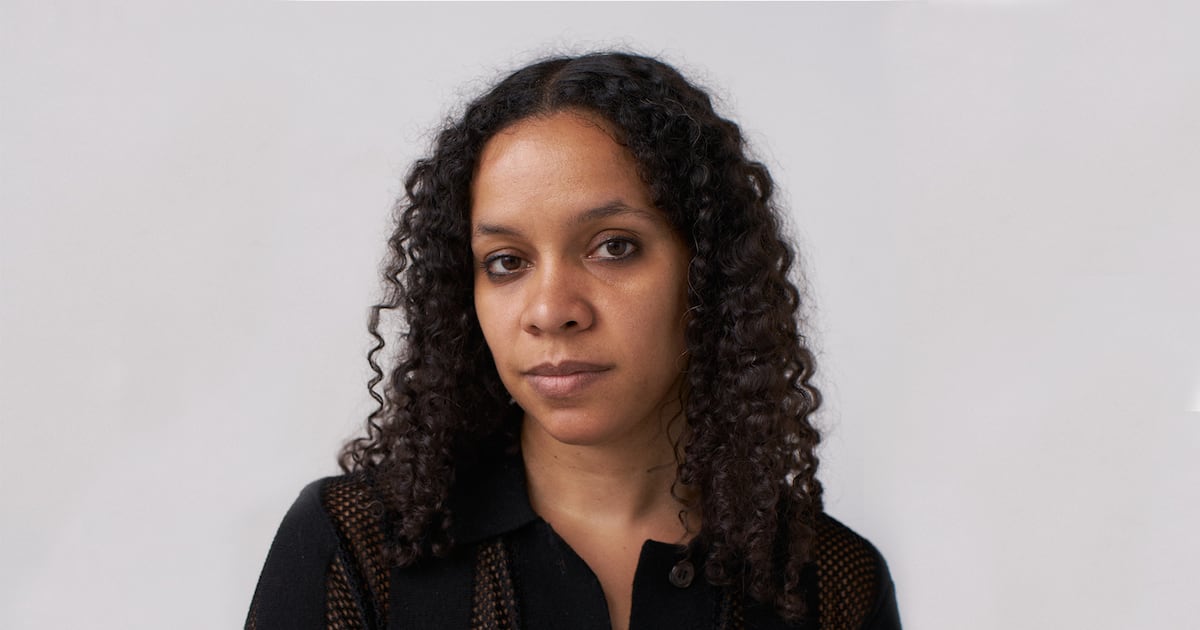Listen to and follow the ‘BoF Podcast’: Apple Podcasts | Spotify | Overcast
Background:
Rachel Scott, founder of Diotima, has built a reputation for bringing a nuanced portrayal of Caribbean culture to the global fashion stage. Drawing on her Jamaican heritage and global experience, Scott seeks to foreground overlooked craft traditions and champion a narrative that moves beyond exoticised tropes.
“Craft doesn’t have an aesthetic. Craft is technique and execution,” Scott says. “There are endless possibilities, and on a conceptual level, I think that craft is the most intimate form of fashion. Because it is made by hand, there is this energy exchange. So I kept thinking about intimacy, sensuality and desire.
This week on The BoF Podcast, Rachel Scott sits down with BoF founder and CEO Imran Amed to discuss how she is redefining craft and advocating for a more inclusive design industry.
Key Insights:
- Scott credits her global outlook to extensive travels during her childhood. “When I was younger, [my mother] was adamant not to take us to Europe because that was easy. So she would take us to Asia… and South America. I already had this grounding of a global perspective,” she explained. Her extensive travels through Asia and South America particularly influenced her to view fashion as a form of communication: “I started thinking about clothes as language, especially because I was seeing these different perspectives and these different approaches to dressing.”
- Scott seeks to foreground informal, yet globally shared, knowledge of embroidery and craft techniques. “I remember seeing techniques in India that I had seen in Jamaica… there is this global knowledge, but only one place gets valued,” she says. This recognition inspired her mission to challenge the traditional valuation of craftsmanship. “It’s almost like an oral tradition that exists that I wanted to find a way to elevate and present to the world,” she adds.
- For Scott, craft is inherently sensual and intimate. “Because it is made by hand, there is this energy exchange,” she says. This philosophy underpins her creative approach, focusing on tactile and emotional connections: “I would receive the production of the crochet… I would open the box and feel this energy. There is spirit and there is something imparted from the person making it to the person wearing it.”
- Scott’s advice to aspiring fashion designers is to challenge traditional expectations and timelines. “Fashion is really crazy… someone really small is judged on the same level as someone from a conglomerate,” she explained, encouraging designers to embrace their unique journeys. “You don’t have to abide by these notions of when you should do something, how you should do it… wait until you’re ready and find your way.”


